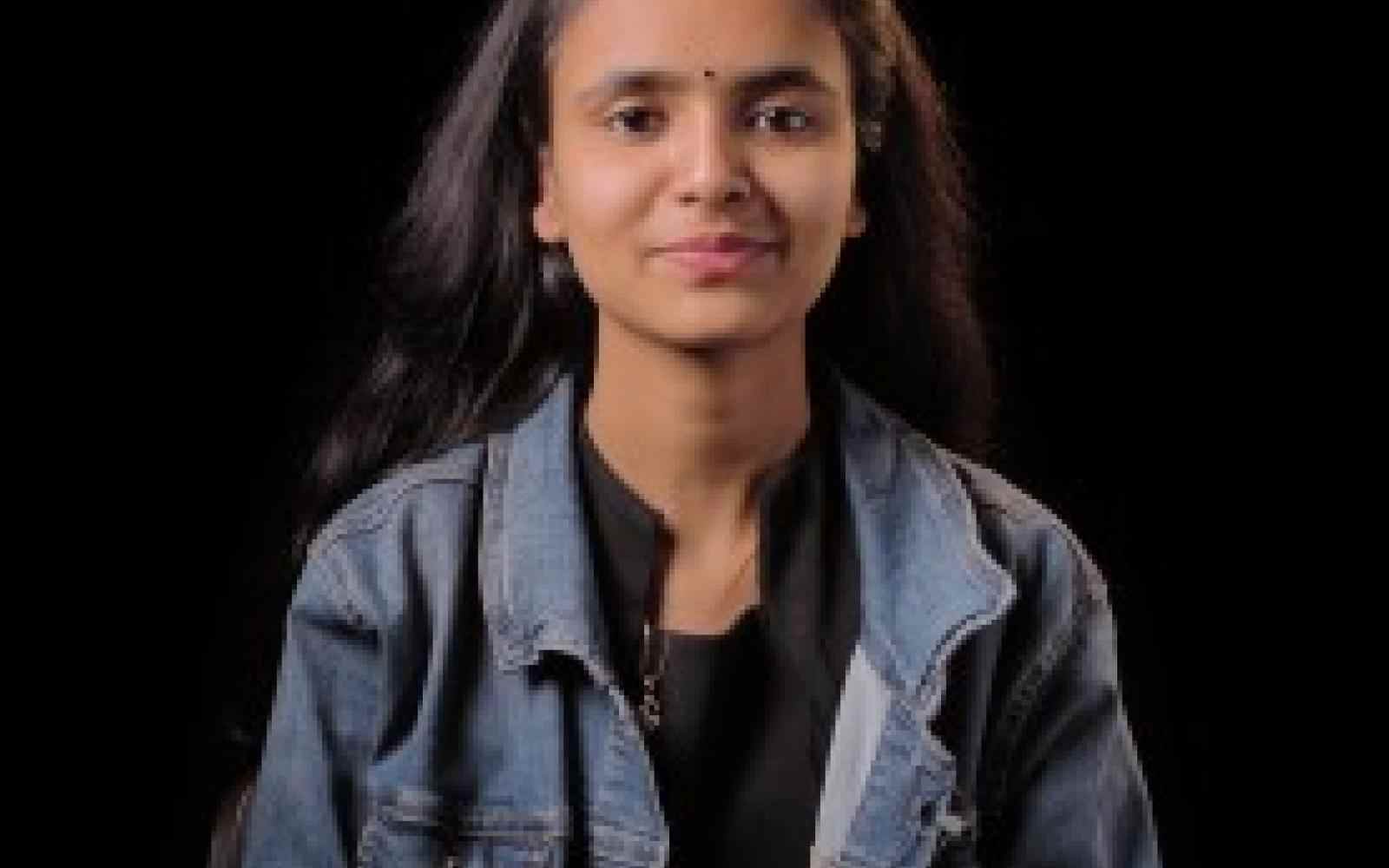“Girls are not burdens - they can fly like birds.” Dola’s Changemaker Journey

As a teenager, Dola is paving a new way forward for Bangladesh with a clear, unbending mission: to end childhood marriage. If everyone felt the same power Dola feels within herself, we could build a world where solutions outpace problems. Confidently, Dola’s journey exemplifies what it means to be a changemaker, no matter her age or gender.
“Let me tell you a story of about a woman from Bangladesh. I know a woman who got married at 13 years of age. Her family use to think that women cannot go outside to work, and they have no right of education. She has 4 daughters. I am the youngest daughter, and this is my mother’s story.”
Every year, 12 million girls marry before the age of 18. Dola’s mother was one of these girls, married right as she became a teenager. A carefree, vibrant childhood was taken away from her. Instead of attending class as a young girl, Dola’s mother was at work.
Similarly to her mother, Dola was born and raised in Mohammadpur, a remote and rural community in Bangladesh. Dola grew up witnessing the suffering of women, like her mother, forced into early childhood marriage.
However, Dola's mother did not expect Dola to marry young and neither did Dola. Instead, when Dola was eleven years old, she was committed to ending "child brides". From an early age, Dola knew that young girls and women were being denied their fundamental human rights when they married young, but wasn’t sure how to go about changing local traditions. When she began to question her friends becoming child brides, adults would bully her, intimidating Dola to stay quiet. Neighbors questioned Dola’s independence, challenging her mother’s judgement and how she parented her children.
In order to gain a better understanding behind the causes of child marriages, Dola took up several volunteer opportunities in her community to learn more. "We have a forum in our community named the ‘Ghash Phul Shishu’ forum. It is made by and for children. A [friend] of mine use to volunteer there and invited me to attend a meeting,” Dola recalls. To her amazement, she witnessed “people of my age expressing their own ideas and opinions, which made me think that even I can do something” in her community. Dola quickly became involved with the youth-led organization.
“I asked my mother about her childhood memories,” Dola somberly shares, "but she was not able share any.” Dola was shaken by her mother’s response, wondering how she could encourage women in the community to share their childhood memories, or lack thereof, to make an emotional appeal against childhood marriage.
Dola shared her idea with a few friends at school. Together, they imagined a social movement in their town to end childhood marriage once and for all. “We talked to the principal to suggest students at our school to join our work and they agreed.” At the start of her initiative, Dola says they “built up a team of 15 members – 7 of them are girl and 8 of them are boys.”
Why both girls and boys? “Because stopping child marriage is not only for girls to do but boys can also play a major role. Boys also face the negative consequences of child marriage as they also are a part of this system," Dola says. "Involving both girls and boys tackles the issue from multiple perspectives" and, Dola claims “if we all work together it can be said that we will bring a change to the world."
Dola was quick to realize that child marriage as an institution was deeply rooted in Bengali culture and brining about any cultural transformation required something more than a local awareness campaign. Immediately, Dola also faced severe backlash with people hoarding negative views on her initiative. Even when she was just forming her team, Dola's family was seriously questioned and threatened.
Instead, Dola pushed forward. For her, “End Child Marriage” strives to bring about a social change through all-gender community involvement. The team strategically involves students from different schools to spread the message of “end child marriage” across to their campuses while specifically target students’ parents.
The team launched attention-grabbing events such as hosting workshops in public spaces and informative street plays. In just a few years, they conducted more than 40 workshops and 15 street plays, challenging mindsets through consistent, creative, and public engagements in their community. Overtime, the team noticed a change in their parents’ attitudes, many of whom began to also question their “early marriage” mindset.
This validation ignites Dola’s confidence in the power of young people when they work together. “This world belongs to all of us so if we want to bring change, we all have to work together,” Dola shares. “The young ones are more powerful to bring a quick change when compared to a man who is 35 years old. A big part of Bangladesh is its youth. they can bring change faster because they are highly empathetic.”
Empathy, Dola shares, is key to enacting change on any level. This skill enables young people like Dola and her friends to see a better world and imagine a new reality for themselves and the generations to come. For Dola and her friends, empathy is all about the mindset of seeing young people, especially young girls, as powerful and equal.
With a vision to eradicate the stigma against young girls, Dola is determined for society to see young girls not as a burden, but as active contributors. Wisely, Dola says “girls are not burdens - they can fly like birds. Girls are not burdens; they can go farther than we imagine. So, if we work with this mentality, we can say that the world is getting better."
Vedha Bandura contributed to this story.